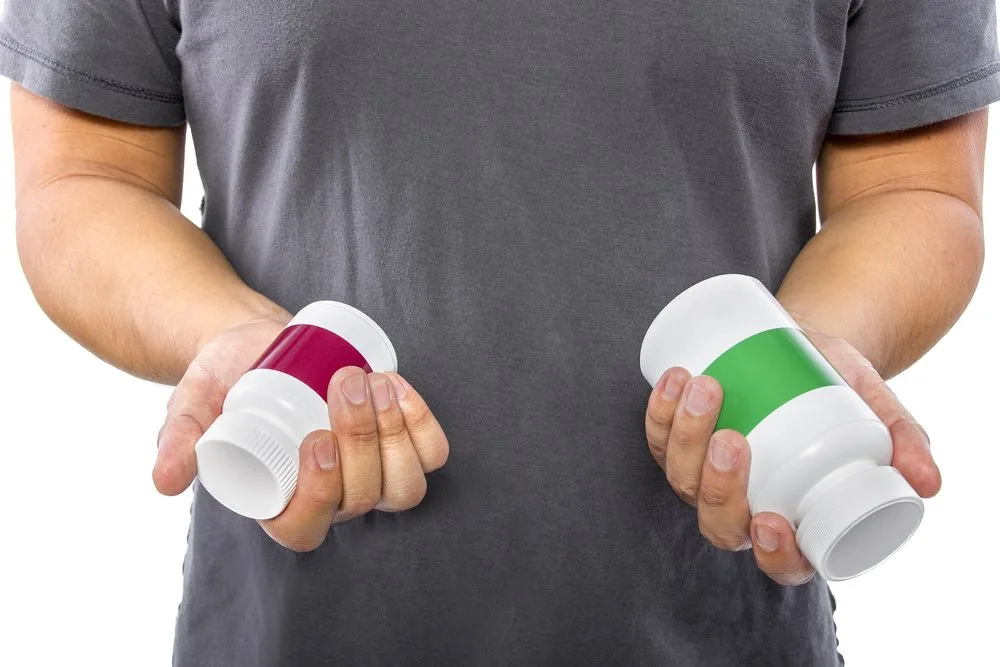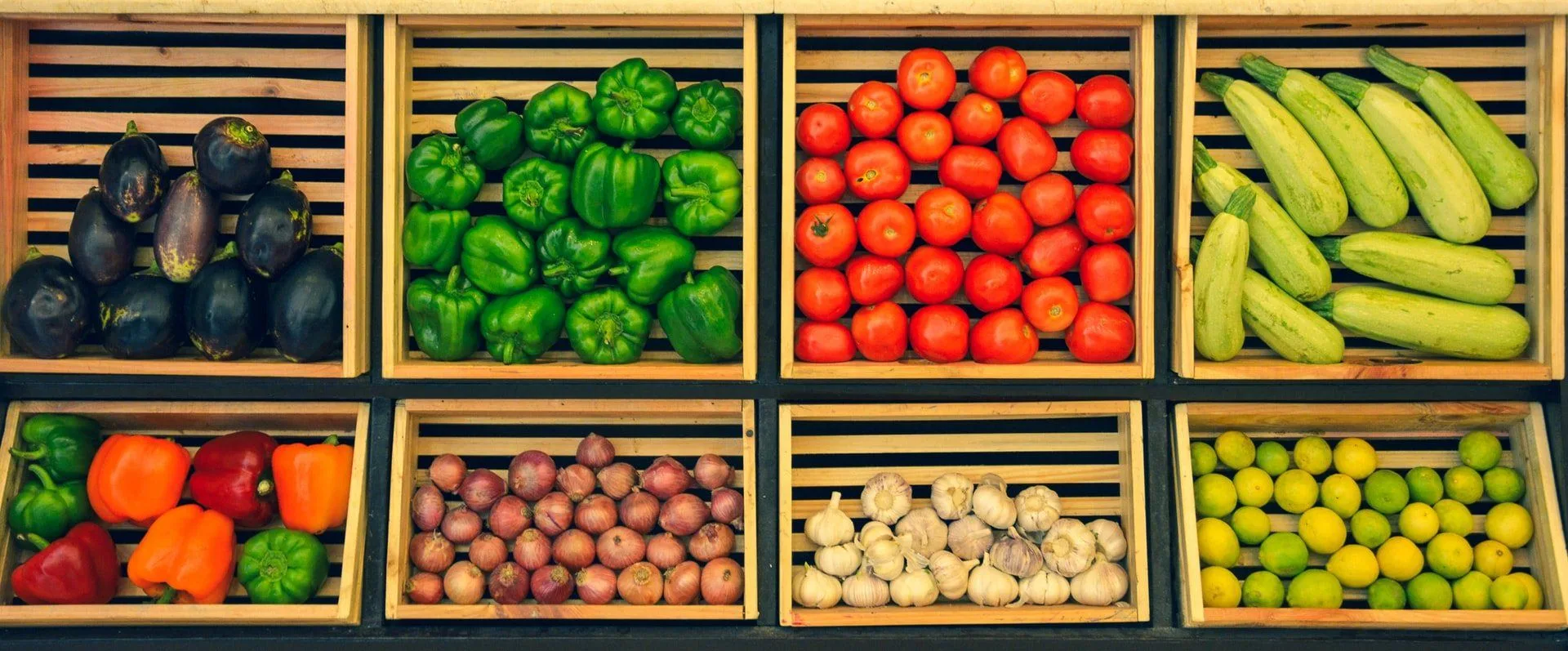According to a study from non-profit international aid organization CARE, 27% of women had reported increases in challenges in relation to mental illness. This compared to 10% of men. While lockdown has affected each person to varying degrees, the fact is that women seem to be bearing the brunt of it.
Women’s Health During a Pandemic
“The lockdown has had a hard effect on women, not so much from a COVID-19 angle, but because of the pandemic, women lost their jobs – About two-thirds of women lost their jobs against men. Coupled with the fact that they also have to manage a household, these changes led to a lot of depression and anxiety.” – Dr. Arnike Redelinghuys, a healthcare practitioner specialising in homeopathy.
Dr. Redelinghuys also adds that many of her patients have admitted that doing everything all under one roof is a new normal they struggle to cope with.
The balancing act

In South Africa, 70% of the caregivers in households are women. From looking after ourselves, to our jobs and our children, anxiety is sure to be common.
What’s more, it can be hard to set boundaries when you feel like everyone is depending on you to show up for them. Unfortunately, putting other people’s needs before your own can only just lead to burnout, then slowly but surely depression.
How can I deal with the challenges?
Dr. Redelinghuys suggests the following ways to deal with the challenges:
1. Try To Set Boundaries
This can be hard to do but letting your partner and children know that you are unavailable for 8 hours out of the day, so that you can get work done, can ensure your productivity.

Photo by Anastasia Shuraeva from Pexels
2. Exercise
Dr. Redelinghuys recommends going for a walk looking at the blue sky is sure to give you a serotonin boost.
3. Eat healthy meals
According to Dr. Redelinghuys, many mothers neglect themselves when it comes to eating breakfast, choosing to survive on coffee until supper time.
“Breakfast is very important because if you have a good protein (eggs are a great choice and even leftovers from dinner the night before) for breakfast, then this will help to maintain your energy levels for the rest of the day.”

Photo by Sharon McCutcheon on Unsplash
4. Invest in a good supplement
While Dr. Redelinghuys believes in a targeted approach when it comes to giving supplements, she does remind us that supplements like vitamin D are fat-soluble and can be overdosed quite quickly.
As such, she reminds us that it’s important to have a blood test done to see where your levels are, so you know which type of supplements to take.
There have been plenty of studies, highlighting the link between severe COVID-19 cases and vitamin D deficiencies (1). While doctors have tried to boost patients who have tested positive for COVID with vitamin D, Dr. Redelinghuys says that it is already too late. Therefore, people must try to get to a good level like 50.
It’s also important that you get your dose of vitamin D in the correct form. Dr. Redelinghuys recommends vitamin D3 and she says that the DluX Vitamin D Spray is a great choice.
Buying supplements
When it comes to buying supplements, Dr. Redelinghuys advises you to do your research and to always double-check with your doctor. The fact is that cheaper supplements are not quite the best so we need to get into the habit of investing in our health.

Rommel Canlas/Shutterstock
Getting the right nutrients
Now you might argue that you don’t necessarily need supplements, especially if you’re following a healthy diet, but it’s not that simple. The sad reality is that the earth’s soil is very depleted, so there aren’t as many nutrients in food today.
“Someone once said to me that we need to eat about 20 oranges today to get the same nutrients as we would have gotten from one orange 20 years ago,” says Dr. Redelinghuys , adding that if we have a deficiency, then we’re definitely not going to get enough nutrients from food alone, so it’s important to supplement.
What’s more, people don’t always follow a colourful diet, so it would be great if they could add more red, blue, and purple to their diets.

Photo by Adli Wahid on Unsplash
Managing inflammation
If you’re looking to boost your immune system and reduce your risk of contracting COVID, then Dr. Redelinghuys suggests that you keep inflammation under control. Doing so will also help prevent a severe case of COVID-19, should you become infected.
Following an anti-inflammatory lifestyle, which includes cutting out sugar and refined foods, and eating whole grains, nuts, as well as using supplements, can help to keep inflammation in check.
The bottom line – women should stress less

Managing stress is one of the most important things that women can do as our bodies use cholesterol to make our stress hormones, or to make our estrogen, progesterone, and testosterone.
So, if we are too stressed, then it will have a negative effect on the estrogen and progesterone cycles, which can have a negative effect on our moods which will cause more stress.
An anti-inflammatory diet as well as staying away from sugars, refined starches, and opting for fish can help to regulate both inflammation, hormones, and stress levels.
WATCH THE INTERVIEW
The video interview with Dr. Redelinghuys contains the entire dialogue of this interview, and you can watch it below.
View this post on Instagram
References
Demir, M., Demir, F., & Aygun, H. (2021). Vitamin D deficiency is associated with COVID-19 positivity and severity of the disease. Journal of medical virology, 93(5), 2992–2999. https://doi.org/10.1002/jmv.26832



![women [longevity live]](https://longevitylive.com/wp-content/uploads/2020/01/photo-of-women-walking-down-the-street-1116984-100x100.jpg)










